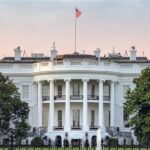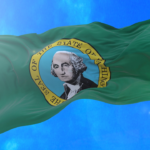The Freedom Foundation’s Washington outreach team is helping the state’s public employees by sharing a feature in the fine print found on nearly every union member’s membership agreement to help give public employees a second chance to opt out of union dues.
One of the most frustrating and ongoing hurdles many union-represented workers face is the elusive “opt-out window period” — a very short, arbitrarily selected interval once a year when dues can be successfully canceled.
If the opt-out isn’t submitted in that timeframe, the worker’s membership is cancelled but union dues continue to be deducted from their paycheck.
Union dues can typically be cancelled during one of three key timeframes — the annual opt-out window, the anniversary date of when the employee signed the membership form or when the union contract expires — whichever comes first.
Enter June 30 —the date that all Washington worker labor agreements expire to usher in the newly approved contract and the second time period that allows union dues to be canceled.
Earlier this year, we were contacted by Karla, a DSHS worker seeking to end union dues after having received the standard message from her union — Washington Federation of State Employees, AFSCME Council 28 (WFSE) — informing her membership had been canceled but she was still paying dues until September or June 30, whichever came sooner.
“I’ve paid union dues for years and years,” she said. “I finally got tired of paying for their politics. I wouldn’t have known I could opt out three months sooner if it wasn’t for the Freedom Foundation. Now I can keep my dues and have a nice vacation.”
This opportunity is the difference between offsetting rising costs in Washington state — where public employee unions are funding the politicians who vote for policies that drive up the cost of living beyond the 5 percent raises the unions applaud themselves for.
By opting out, workers aren’t just saving money. They’re pushing back against the very system that uses restrictive membership policies to trap their paychecks while claiming to represent their best interests.







